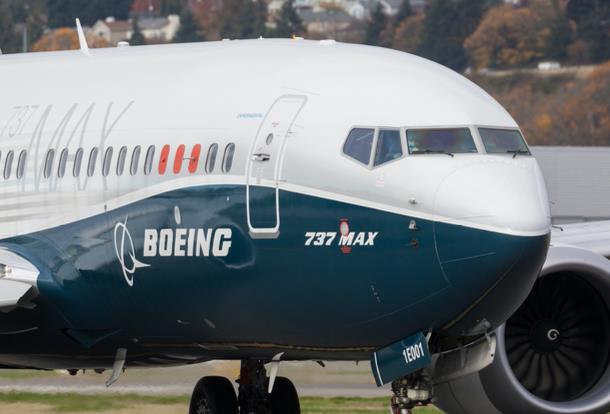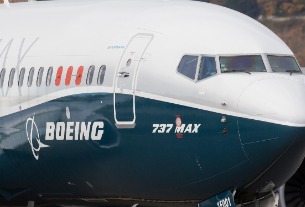
Lots of eyebrows, and questions, were raised in November when Disney surprisingly rehired Bob Iger as its CEO, just 11 months after he turned the reins over to Bob Chapek, who in June had signed a three-year contract extension. Yet shoulders mostly shrugged regarding Iger’s age, 71, an indication that at the Magic Kingdom and beyond, there is no magic number when it comes to retirement — or unretirement — and that succession planning for key executives is increasingly crucial.
Last year, Boeing actually raised its compulsory aging-out age, to 70 from 65, as a way to keep CEO David Calhoun, then 64, in the pilot’s seat.
Although the average age of Fortune 500 CEOs is 57, a number of bosses on the well-known leaderboard range from 71 — Henry Schein’s Stanley Bergman — to 92 — Warren Buffett of Berkshire Hathaway, whose board’s vice chairman, Charlie Munger, is 98.
Among S&P 500 companies (all publicly held vs. the Fortune 500′s public and private businesses), the average age of a CEO at the end of his or her tenure was 64.2 in 2021 and 62.8 year to date in 2022, whereas in 2019 it was 59.7, said Cathy Anterasian, who leads CEO succession services in North America for leadership consulting firm Spencer Stuart, citing updated research from its 2021 CEO Transitions report.
The average tenure for departing CEOs during that same time period was about 11 years, up from nine years in 2020. “So they’re staying longer and therefore leaving at an older age. That’s not surprising, because of the impact of the pandemic and [other] crises, where boards put CEO succession on hold,” Anterasian said.
Read original article




